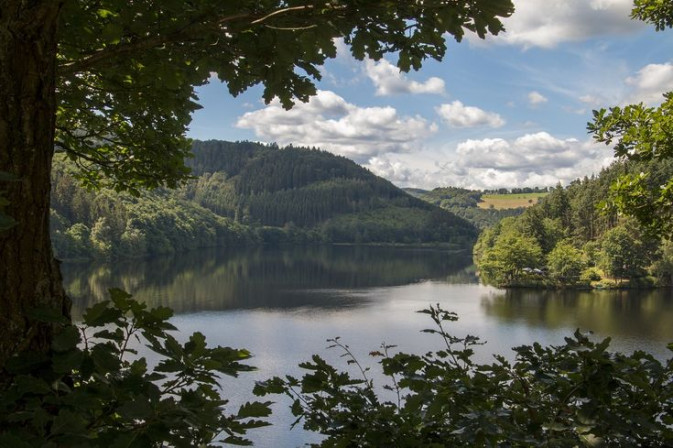
The Green Deal Cluster releases a policy brief on stakeholder engagement for the implementation of NRR
A new policy brief from the EU Green Deal “Restoration Cluster” provides guidance for Member States on building strong, long-term stakeholder engagement into their National Restoration Plans, as required by the EU Nature Restoration Regulation. Based on insights from four Horizon 2020 projects, namely MERLIN, SUPERB, WaterLANDS and REST-COAST, it highlights that effective large-scale restoration depends on understanding affected communities and sectors, not just technical planning.
The brief stresses dynamic stakeholder mapping to include all relevant actors, including marginalised or less visible groups, and to uncover local concerns, power dynamics and values. It calls for shifting from basic consultation to genuine collaboration through co-creation, shared decision-making and approaches such as workshops, citizen science, site visits, stakeholder boards and long-term Communities of Practice. Tools like Participatory Multi-Criteria Analysis are recommended to integrate stakeholder preferences transparently.
Clear, positive communication is seen as essential to build public support, especially by showing economic, social and risk-reduction benefits of restoration. Capacity building is also crucial, as many implementers lack training. The brief recommends sufficient resources and professional facilitation to manage tensions and ensure inclusive dialogue.
Conflict is expected and should be addressed early through structured methods such as Collaborative Learning. Fairness and justice, especially for historically excluded groups, are presented as core conditions for long-term support.
The publication also compiles practical resources, including mapping templates, engagement guidelines, conflict-resolution tools, governance assessments and sector-specific strategies. Overall, it offers Member States a roadmap for designing participatory, evidence-based and socially robust National Restoration Plans.
The full brief can be found here.